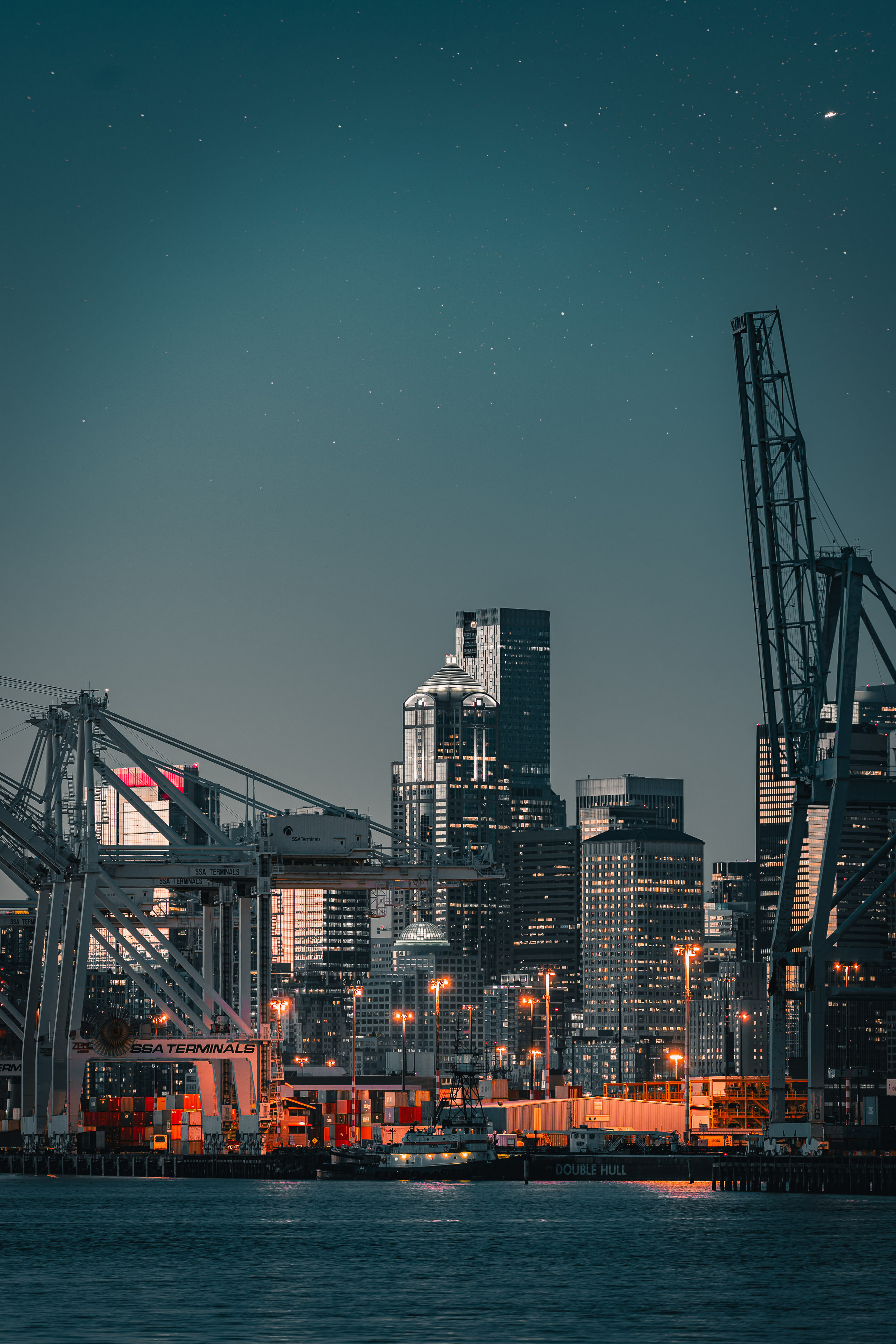In the Absence of Ecstasy

In the Absence of Ecstasy
By Rachel Seo
It was the fear of hell, actually, that drove me to Jesus. One night when I was eight, I squeezed my eyes shut and begged God to come into my heart in a desperate attempt to avoid the Bad Place. I continued to do this dozens of times over the course of the next several years: at Christian youth events, family-friendly magic shows sponsored by local churches, evangelical concert tours and music festivals put on by 95.9 the Fish. Every time, I walked in trying to feel something, and when I joined the streams of people walking into the venue—girls wearing cutoff jeans shorts that ended at the knee, kids hoisting cheap backpacks weighed down with twisty fish pins—I thought I did. I liked the idea of joining a mass migration moving upwards toward heaven. The feeling of standing beside so many people united for one purpose felt, to me, like the presence of God.
But when the altar calls ended and the curtain dropped, I always slid back into a subliminal state of doubt. Salvation at those points was a dream—insubstantial, fading in tandem with the emotional high. I became increasingly dubious when I realized that I experienced similar feelings in unholier places: at public high school assemblies, when my classmates and I sang the alma mater together and our words strung a thread-thin connection between our isolated selves for a few halting seconds. When I went to concerts at tiny venues in Los Angeles, twisting to avoid the gyrating couples grinding on each other while simultaneously letting the music carry my psyche to the clouds, I knew in those moments that much of the pathos of modern American evangelicalism can be easily imitated in the swell of a chorus of voices.
Jia Tolentino on Ecstasy
This has always haunted me, but I couldn’t quite quantify it until I read an essay by New Yorker staff writer Jia Tolentino called “Ecstasy,” in which she chronicles her de-conversion from Christianity. Reading it for the first time felt like peering into my own head, even though the two of us eventually emerged into different spaces. “I’ve been walking away from institutional religion for half my life, fifteen years dismantling what the first fifteen built,” she writes. In her narrative, drugs and Jesus, church camp and hip-hop form a dizzying concoction that melds the ecstatic with the apostatic. She recalls swallowing pills “crushed into Kleenex” and then going to a concert, where she “felt weightless, like [she’d] come back around to a truth that [she] had first been taught in church: that anything could happen, and a sort of grace that was both within you and outside you would pull you through.” Ecstasy, in this case, refers to both the drug and the spiritual state of mind—suggesting, implicitly, that they are one and the same, but that whether you believe that or not, there’s beauty in being drawn outside of yourself.
Further along, she presses against the memory of her past, writing, “I can’t tell whether my inclination toward ecstasy is a sign that I still believe in God, or if it was only because of that ecstatic tendency that I ever believed at all.” One of the unspoken questions in this is that if drugs mimic the ecstatic joy that religion is supposed to give us, why is religion necessary or important?
But I suspect the essay is about much more than that. It’s a testimony of de-conversion, the antithesis to the Christian’s testimony of faith. Both kinds of narratives are personal with evangelistic undertones, but not explicitly persuasive. “Ecstasy” forced me to think about why Tolentino chose to leave Christianity—and, inversely, why I choose to stay.
Why I Choose to Stay
For me, the answer ends up being something vague and undemonstrative. Some believers can identify a moment of transformation, a lightning bolt that brought them to their knees. But what happened to me was an accumulation of smaller moments. I was sitting in math class one morning, surrounded by numbers and words volleying back and forth from the teacher to the class, my classmates to me, when in the midst of the dialogue I found myself confronted by the idea of a fork in the road, a clear binary that demanded to know where I stood and why. I hated math because it felt sterile and demanding in a way that was both presumptuous and narrow—you were right or you were wrong, and I hated being wrong—but perhaps that was how I began to understand: I could either walk completely away, or swivel toward the light that had been blinking at me for so long. When I tried to read my Bible at night, I always came back to the book of Ecclesiastes. “Remember also your Creator in the days of your youth,” it reads, “before the evil days come...before the sun and the light and the moon and the stars are darkened and the clouds return after the rain, in the day when the keepers of the house tremble, and...the grasshopper drags itself along, and desire fails, because man is going to his eternal home.” Instead of reviving my fear of hell, the verses brought to life my understanding of what I define now as constancy. Faith sometimes comes not in flashes of light, but rather in a slow dawn. One day you might wake up to its brilliance shining in your face and understand it as reality, becoming absorbed into it, fully, by the all-encompassing wholeness of grace.
Tolentino, too, describes a wholeness—but hers is a kind of limited enclosure, one sprung from the stifling experience of attending one of Houston’s megachurches. Spun throughout her essay is an increasing lack of trust in the power structures that propped up the faith of those around her, an awareness of the duplicitousness and hypocrisy that lay under the enormity of her church. The Christians she knew, she writes, valued wealth as “divine anointment” and acted like “they were worth more to God and country than everyone else.” In that context, the cultural, the political, and the biblical feel one and the same, all of them standing on equal footing. To be one meant to be all three: an unholy trinity. Threads impossible to detangle.
This is, in fact, one of my favorite parts of the piece, how the narrative structure parallels the story itself. It unfolds slowly, winding the reader down a lazy river, a drifting, but still linear, narrative. But if Tolentino’s faith has unraveled to the point of its nonexistence, the unraveling of my own has helped me see the individual threads that comprise it more clearly.
A New Precision
More recently, I’ve had a growing desire for greater precision within the language of my faith—a process of detangling various definitions and winnowing the lines between faith and religion, American evangelicalism and Christianity. I, too, wonder about institutions: how to fight against their inherent flaws, how to deal with the disappointment of their failures. I wonder about what I don’t know: what it means to grow up apart from where I am, how the cultural context of my life affects the way I glorify God with it.
It’s forced me to think at a more molecular level, too, picking through assumptions and applying Bereanic levels of energy in an attempt to understand not only what it means to be a Christian, but a Christian now. Where I find myself standing, though, is with the knowledge that these questions test my faith in ways that allow me to chip away at the excess until I’m left with the truth. And the Gospel, as truth, will hold up against the circumstances of the here and now, because it simply states what is. Knowing that the notions of glory I caught in flashes when I was younger have actual hardiness under the glitz; that the human nature is something I can and can’t accept at the same time; that the staggering sin which exists within ourselves and our organizations is evident, oh so evident, in the ways we walk and talk and breathe and live—this exists in me as simultaneously crashing waves of aching and joy, because it’s personal. And the personal gathers itself into the collective, and indeed the collective, categorized as “the whole creation” in Romans 8:22, “has been groaning together in the pains of childbirth until now.”
It’s this pain that makes me marvel both at the fundamental inconsistency within our sin condition and, in contrast, the continuation of the Gospel truth that acts as its foil, destroyer, and savior. If my younger self sought constant flight, my present self finds peace on solid ground. After all: grace runs deeper still.
Rachel Seo
Writer & Student
Rachel is a writer for Christ and Pop Culture and a student at UC San Diego.
Photography by Zeus Ramirez




